During the days leading up to Tet, Viet Duc Hospital recorded a large number of emergency cases, of which traffic accidents due to alcohol consumption accounted for the majority, followed by household accidents and incidents related to homemade firecrackers.
Medical news on January 25: Many traffic accidents due to alcohol use near Tet
During the days leading up to Tet, Viet Duc Hospital recorded a large number of emergency cases, of which traffic accidents due to alcohol consumption accounted for the majority, followed by household accidents and incidents related to homemade firecrackers.
Emergency treatment for many traffic accidents caused by alcohol and domestic accidents near Tet
From January 20-24, Viet Duc Friendship Hospital received a total of 245 emergency cases due to traffic accidents and 169 emergency cases due to domestic accidents.
 |
| Viet Duc Friendship Hospital also calls on the community to raise awareness about protecting the safety of themselves and their families, especially during the upcoming Lunar New Year. |
One typical case is patient HTH (39 years old, Hanoi), admitted to the hospital with severe multiple injuries. Initial diagnosis showed that the patient had subdural hematoma and bone fracture.
According to the family, the cause of the accident was that the patient had been drinking alcohol before the accident. Test results showed that the patient's blood alcohol concentration was high. Mr. H. was rushed to the emergency room in a state of drowsiness, with scratches and bleeding in many places. Currently, the patient has been treated and is being monitored.
Another case also related to alcohol is a young man named NT (19 years old, Thai Binh). After drinking alcohol, he was driving a motorbike and fell, resulting in serious injuries.
The patient was admitted to the emergency room with facial swelling, bruising, uncontrollable nosebleeds, and severe injuries such as bilateral brain contusions, left zygomatic arch fracture, and bilateral lung contusions. The patient is currently receiving active treatment with antibiotics, intravenous fluids, and anti-cerebral edema.
During the days leading up to Tet, Viet Duc Friendship Hospital also received many traffic accident cases, mainly due to lack of control after parties. In addition, accidents related to cleaning and repairing houses also increased.
A typical case is that of Ms. TTN (63 years old, Thai Binh), who fell from a height while climbing a tree to pick a tray of five fruits to display on the altar and suffered a collapsed L1 vertebra. She was transferred to Viet Duc Hospital for emergency treatment and is currently being treated at the Spinal Surgery Department.
Another concern is accidents involving homemade firecrackers, especially among children. A 16-year-old male patient in Ha Nam was recently hospitalized after making homemade firecrackers following instructions found online. While using them, the firecrackers exploded, causing the patient to lose fingers and suffer other serious injuries.
Despite doctors warning about the dangers of homemade fireworks, children buying fireworks from social networks and making them themselves still occur.
According to statistics from Viet Duc Hospital, in the last three months of 2024, the hospital received 21 cases of accidents related to firecrackers, more than 50% of which were children. This is a serious warning about the harmful effects of homemade firecrackers on children's health, both physically and mentally.
To minimize accidents during Tet, doctors recommend that people pay attention to some important issues: Do not drive after drinking alcohol.
Be careful when working at heights and when using sharp tools. Climbing ladders, picking fruit, cleaning or repairing the house requires safety measures, a sturdy ladder, adequate lighting and assistance when needed.
Do not make or use homemade fireworks. This is illegal and can have serious consequences, affecting the lives and health of people, especially children. Parents should strictly prohibit children from accessing or using fireworks and educate children about the potential dangers of homemade fireworks.
Viet Duc Friendship Hospital also calls on the community to raise awareness about protecting the safety of themselves and their families, especially during the upcoming Lunar New Year.
Burning honeycomb coal for heating, a woman suffered brain damage due to CO poisoning
Patient LTP (67 years old, Cao Bang) was discovered in a coma, vomiting a lot and incontinent at around 7 am on January 15. Next to her was a honeycomb coal heater. Immediately, Ms. P. was taken to the local hospital for emergency treatment.
At the hospital, Ms. P. remained in a coma, was intubated, and was then transferred to Cao Bang General Hospital. There, Ms. P. was diagnosed with CO poisoning and was transferred to the Poison Control Center of Bach Mai Hospital on the evening of January 17.
At Bach Mai Hospital, the patient continued to be in a coma, with mild edema in both hands, abdominal distension, and was on a ventilator via an endotracheal tube. She urinated through a catheter, and the urine was clear yellow. A CT scan of the brain showed that the patient had bilateral symmetrical lesions in the globus pallidus, with lesions measuring 9x11mm on the right side and 8x10mm on the left.
According to doctors at the Poison Control Center, Bach Mai Hospital, Ms. P. is one of many cases of CO poisoning due to burning honeycomb coal for heating in the winter. Although there have been many warnings about the risks of this, many people are still unaware of the level of danger.
The Poison Control Center has received many similar cases. Despite the propaganda, many people are still subjective, not anticipating the risks from CO gas. After a period of intensive treatment, Mrs. P.'s health has improved, the patient is more alert and the endotracheal tube has been removed, but she still needs to be put on a ventilator.
According to doctors, CO (carbon monoxide) is a very toxic gas, colorless, odorless and can be absorbed into the body very quickly. When entering the body, CO stops the respiratory process in cells, affecting the entire body, but especially strongly affecting the brain and heart.
Some people who inhale low concentrations of CO gas may feel headaches and discomfort, but for those who inhale high concentrations, the effects of CO gas are very rapid, making them unable to recognize the dangerous situation and easily fall into a coma or die.
Doctors also warn that even if people with CO poisoning are lucky enough to survive, they may still experience late effects such as progressive brain damage, memory loss, mental disorders, tremors, or other neurological complications. Treatment and prevention of these late complications remains a major challenge.
Prevention recommendations: When detecting someone with CO gas suffocation, quickly open all doors to let fresh air in, and at the same time take the victim out of the area with toxic gas.
If the victim is breathing weakly or has stopped breathing, artificial respiration must be performed according to local conditions. If the circulation stops, CPR must be performed. After first aid, the victim must be taken immediately to the nearest medical facility for emergency care and further treatment.
"People absolutely must not burn fuels such as honeycomb coal, firewood, charcoal, gas... in closed spaces for heating or cooking. These are actions that pose a very high risk of CO poisoning," the doctor from the Poison Control Center advised.
Self-medicating at home, a woman is in critical condition due to acute liver failure
Currently, the situation of people buying medicine to treat themselves at home, self-diagnosing or buying according to the instructions of the drug seller is still quite common.
Many people do not go to medical facilities to see a doctor, leading to serious consequences, even life-threatening. A typical case is patient HTP (39 years old), residing in Vinh Phuc province.
Specifically, the patient had symptoms of cough, fever, sore throat, chest pain and bought paracetamol pain reliever to take for many days.
In addition, she also invited private medical staff to come and give her IV at home. However, her condition did not improve but became more serious, so her family had to take her to Phu Tho General Hospital for emergency treatment.
Upon admission, the patient was conscious but restless, irritable, with dark yellow skin and mucous membranes and multiple subcutaneous hemorrhages. Doctors determined that this was a case of acute liver failure due to paracetamol poisoning and ordered a comprehensive examination.
Test results showed that the patient had a severe blood clotting disorder (PT
Immediately, the patient was treated with plasmapheresis, hemofiltration, and active resuscitation measures, including respiratory and circulatory control, cerebral edema control, reduction of blood ammonia, use of antidoses, nutrition assurance, antibiotics to control infection, and replacement of clotting factors. However, the liver failure did not improve.
After a professional consultation, Dr. Nguyen Thi Thanh Mai, Head of the Department of Intensive Care and Anti-Poisoning, prescribed the application of dual molecular sorption hemofiltration (DPMAS) combined with sequential half-dose plasma exchange to treat the patient.
This is the optimal treatment for cases of acute liver failure when a liver transplant is not possible or when waiting for a liver transplant. The patient continues to be monitored and treated at the Intensive Care and Anti-Poison Department, Phu Tho General Hospital.
Dr. Nguyen Thi Thanh Mai said that the situation of people arbitrarily buying medicine to treat themselves at home without a doctor's prescription is still very common.
In 2024, Phu Tho General Hospital received many such cases. As a result, the disease not only did not heal but also became serious, causing multiple organ failure. Despite emergency treatment, the consequences on the patient's health and quality of life could leave long-term sequelae, even threatening their lives.
Self-medication, while seemingly convenient, poses many health risks. Risks include misdiagnosis of the patient or the pharmacist, delay in seeking medical advice when necessary, serious side effects, dangerous drug interactions, and incorrect use or dosage leading to poisoning.
Furthermore, self-treatment may temporarily relieve symptoms, but mask underlying problems, making the condition worse by the time you seek medical attention.
One issue that cannot be ignored is the risk of buying fake drugs or drugs of unknown origin, which can poison the body and cause many serious complications.
To avoid serious consequences like the case of HTP patient, Dr. Nguyen Thi Thanh Mai recommends that when having health problems, people should immediately go to a medical facility to be examined by a doctor and prescribed the right medicine and dosage.
Absolutely do not buy medicine to treat yourself at home, nor do you inject or use any treatment method without a doctor's guidance.
If being treated at home with a doctor's prescription, the patient must strictly follow the instructions on dosage and time, and immediately notify medical staff if there are signs of worsening for timely treatment.
Source: https://baodautu.vn/tin-moi-y-te-ngay-251-nhieu-vu-tai-nan-giao-thong-do-su-dung-ruou-bia-dip-can-tet-d242829.html





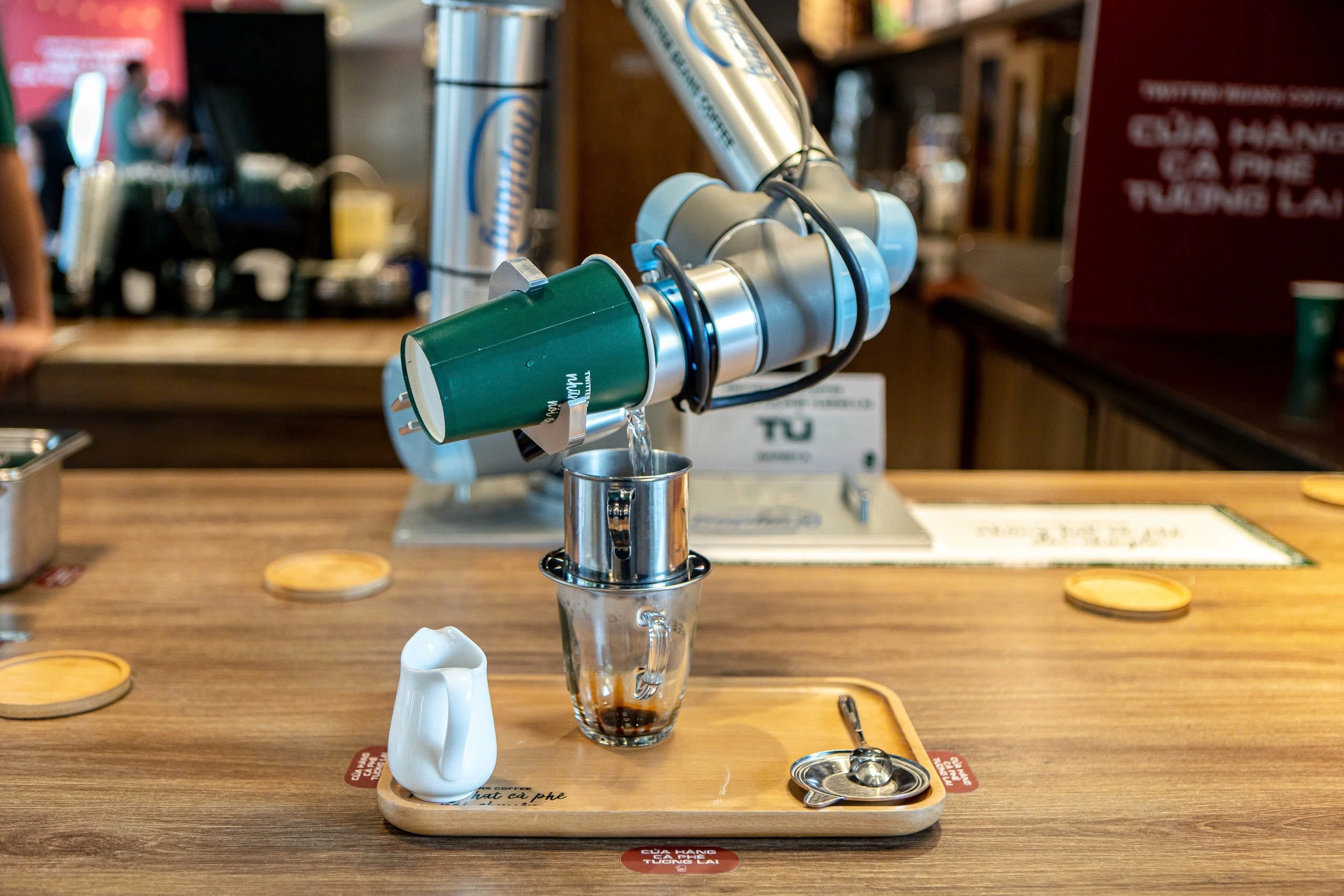
![[Photo] Vietnam shines at Paris International Fair 2025 with cultural and culinary colors](https://vstatic.vietnam.vn/vietnam/resource/IMAGE/2025/5/4/74b16c2a197a42eb97597414009d4eb8)

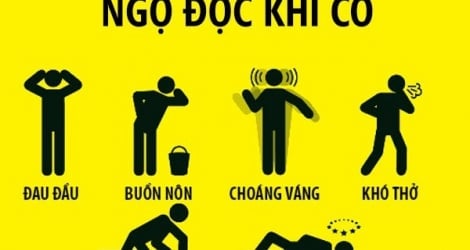

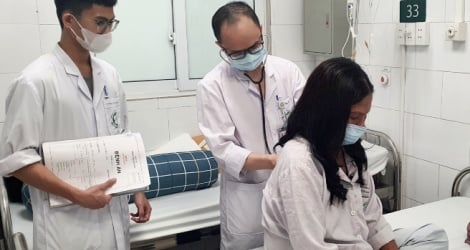
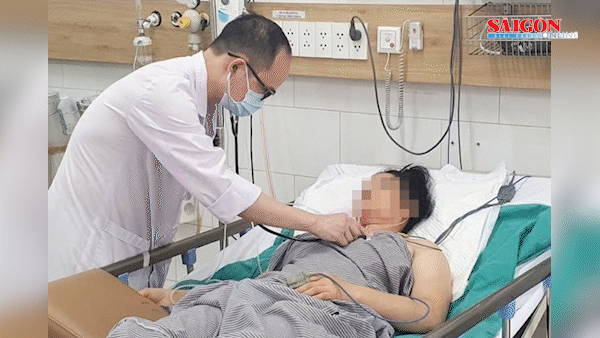

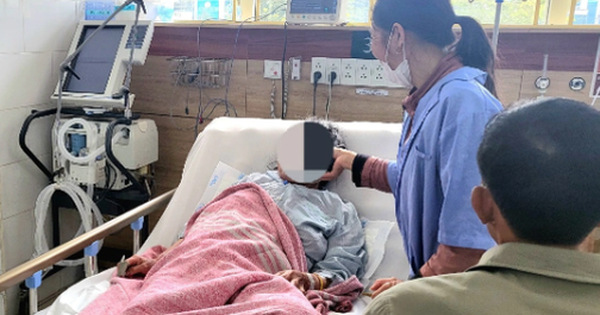

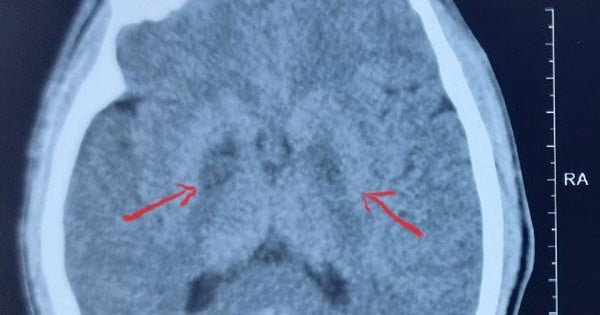

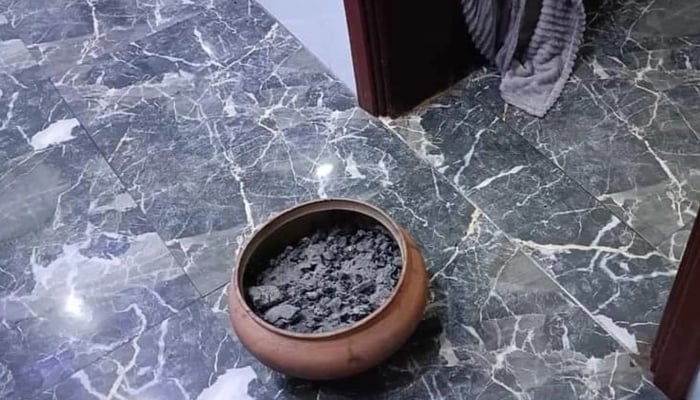

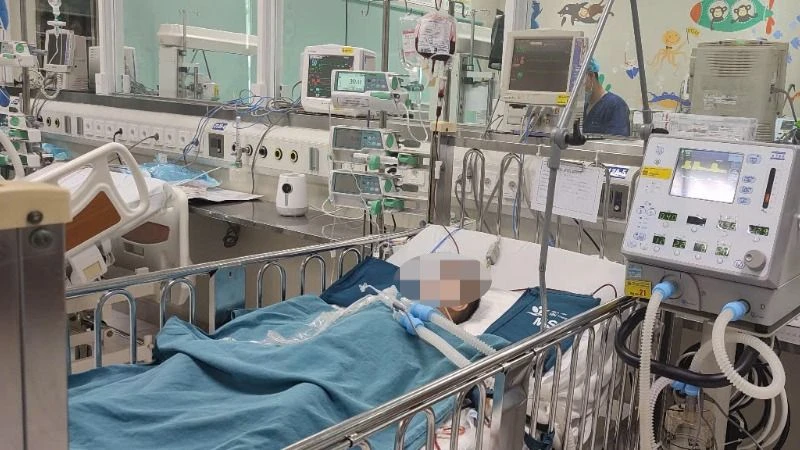
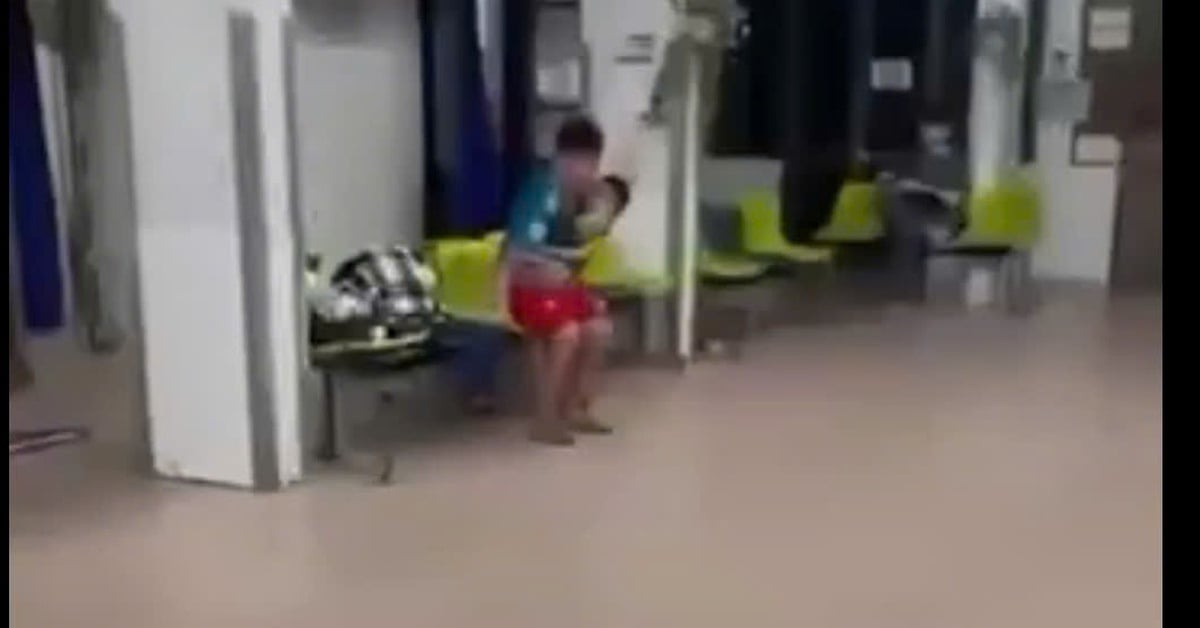
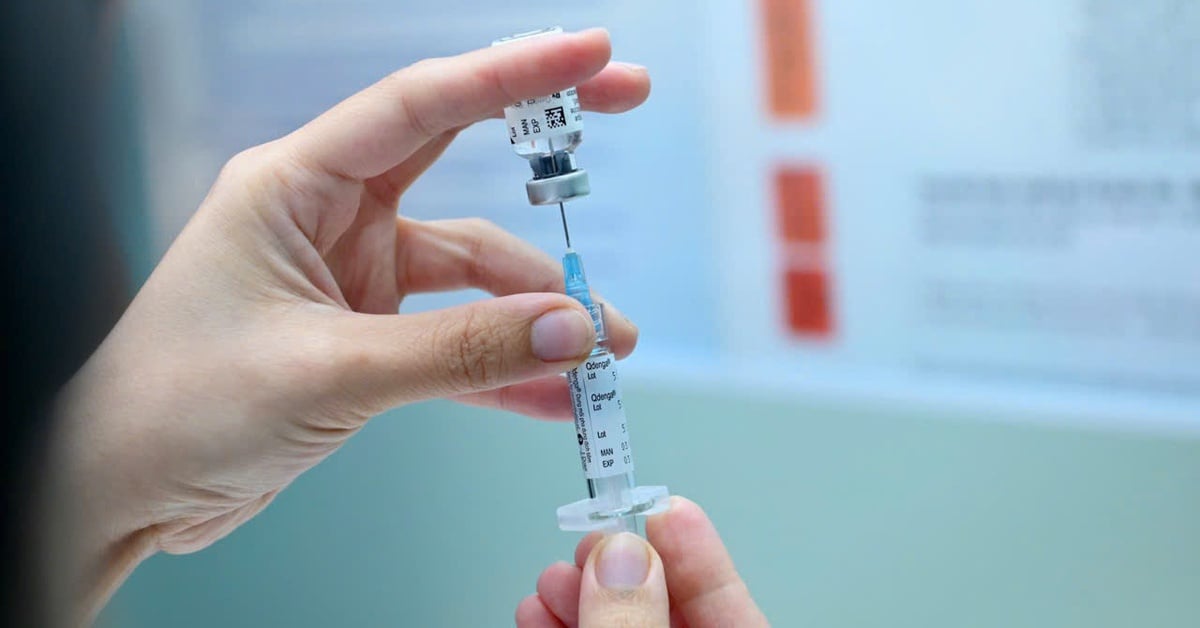

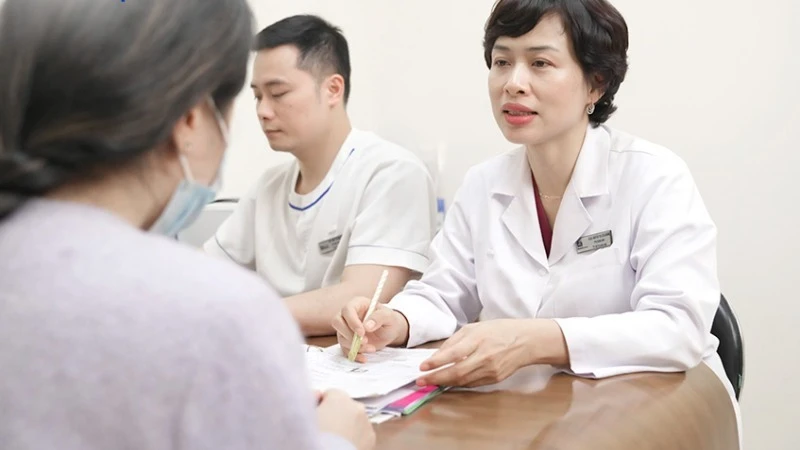
















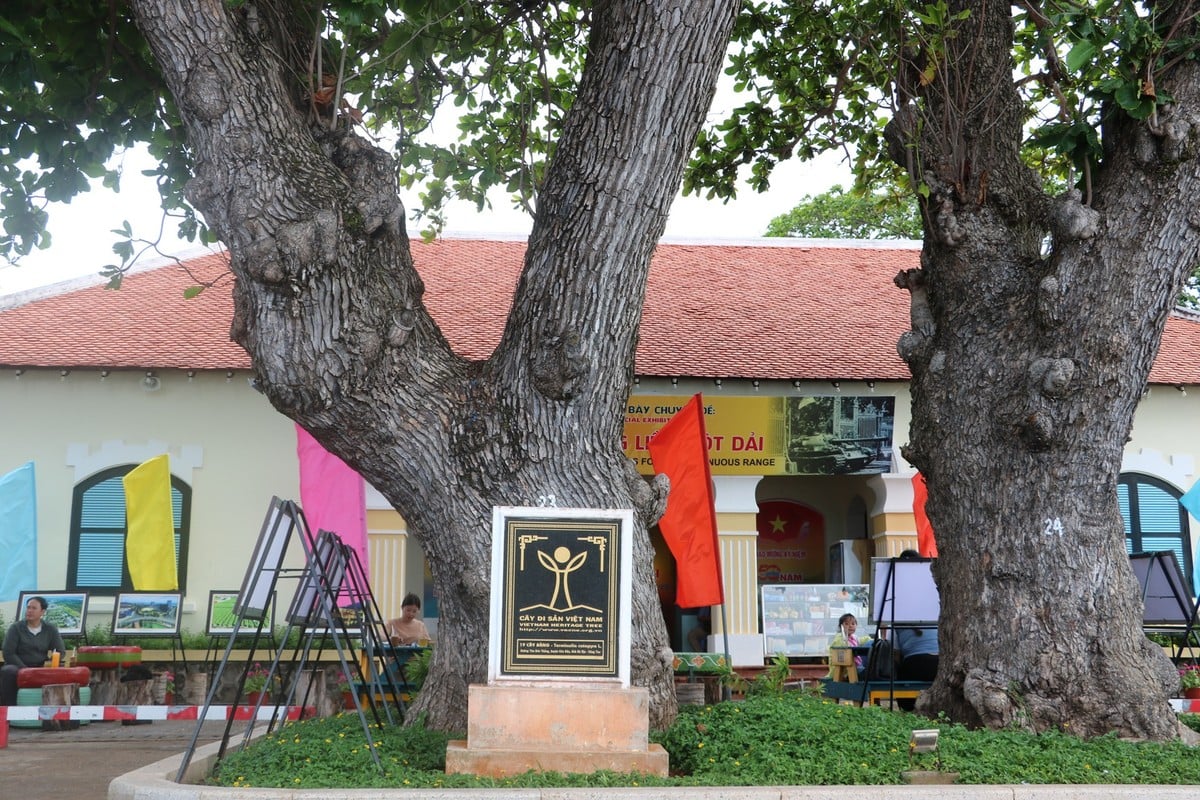
















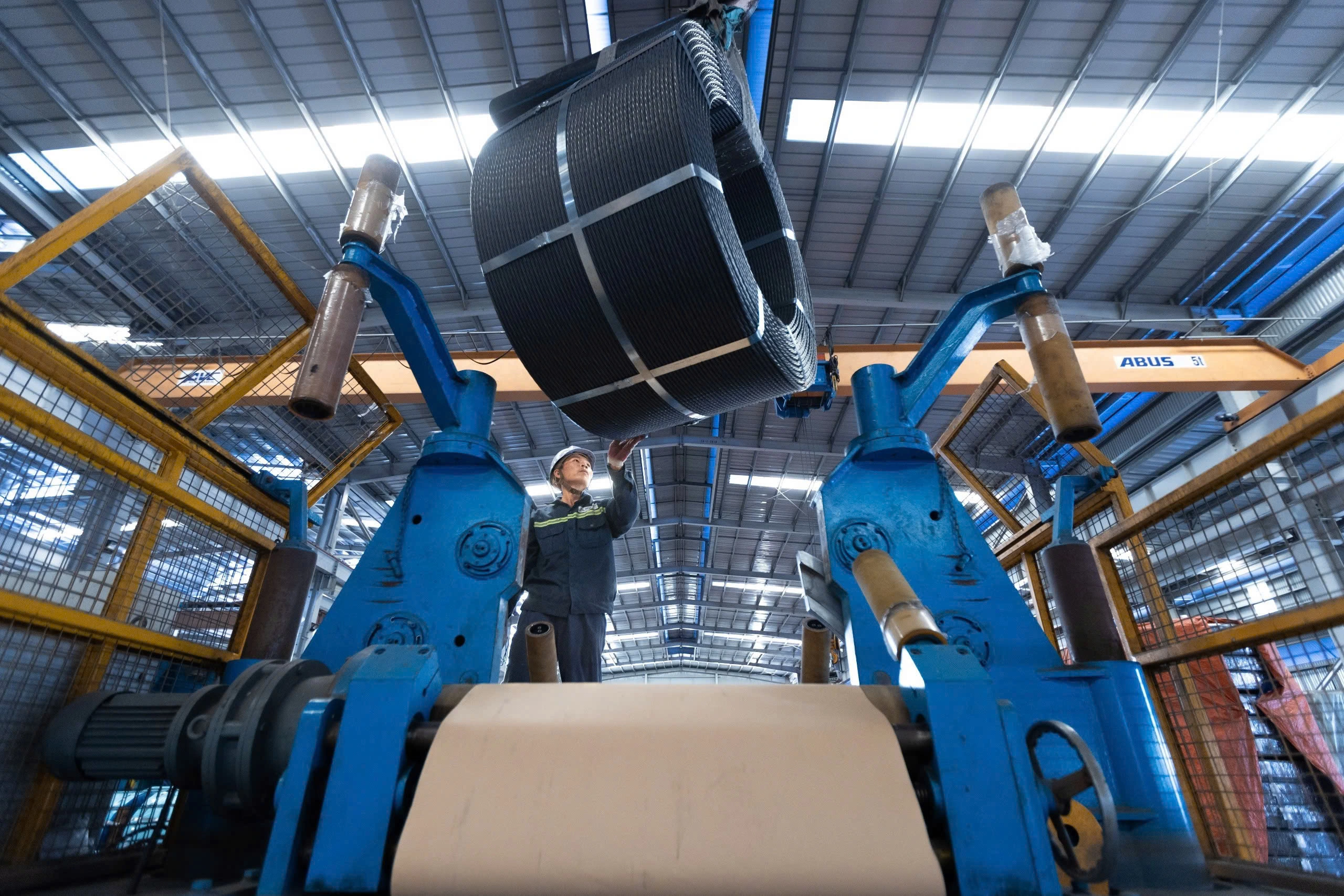





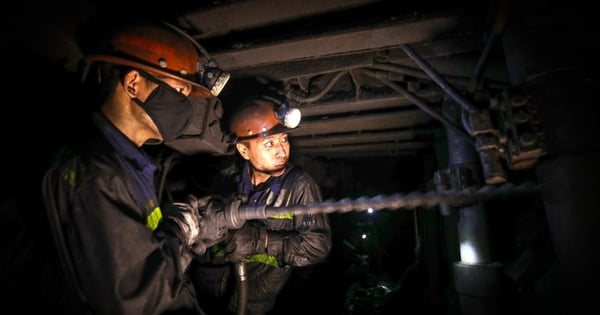



















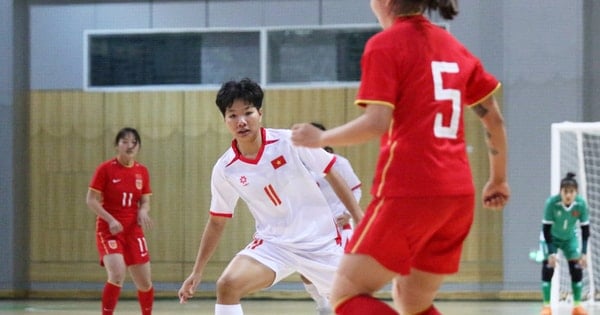







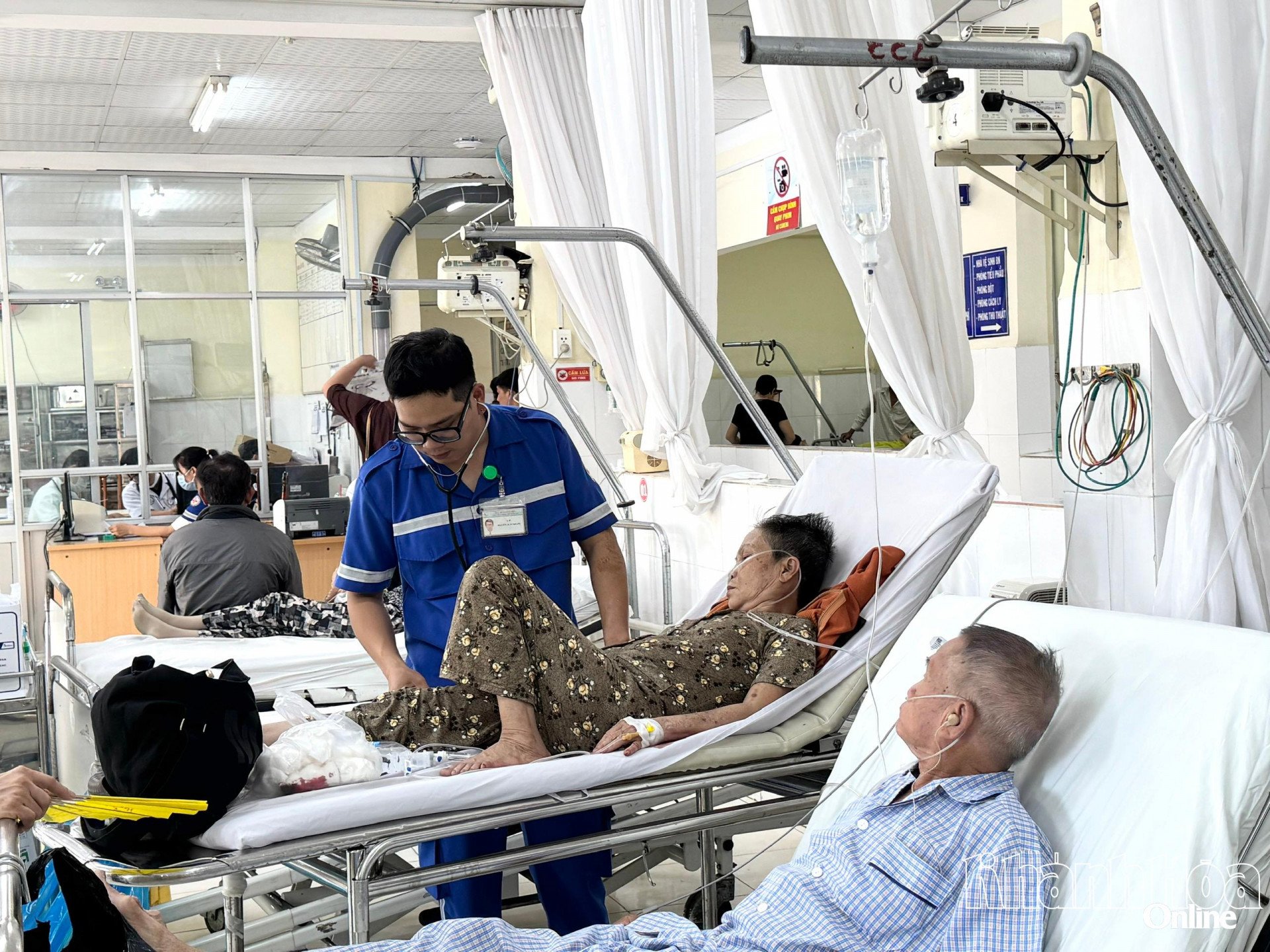

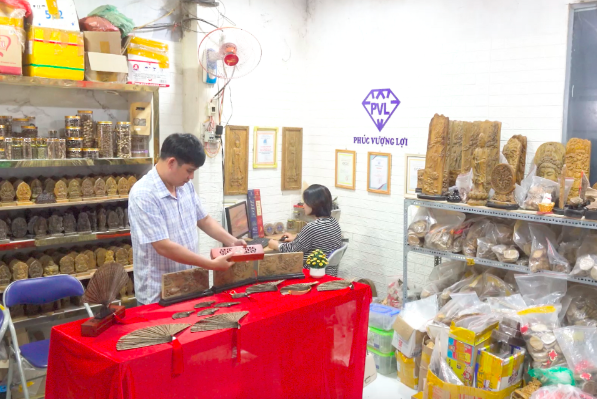



![[Video]. Building OCOP products based on local strengths](https://vstatic.vietnam.vn/vietnam/resource/IMAGE/2025/5/3/61677e8b3a364110b271e7b15ed91b3f)




Comment (0)